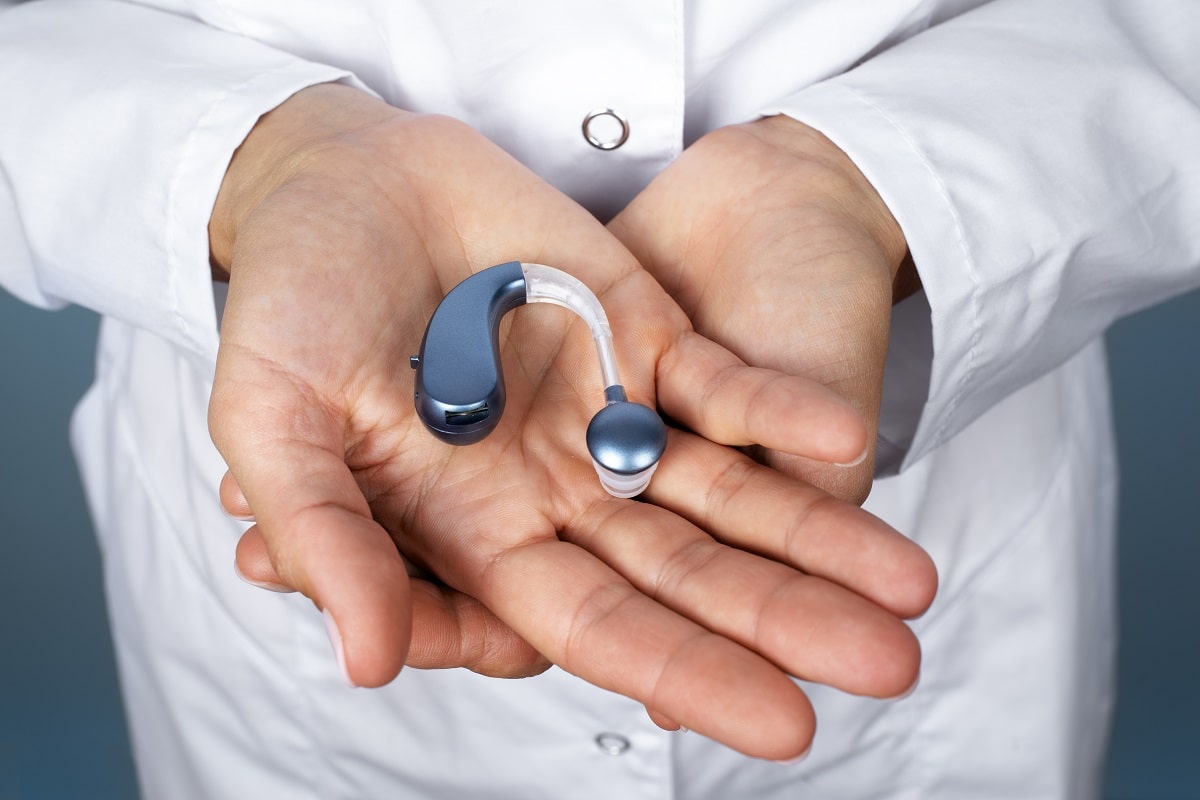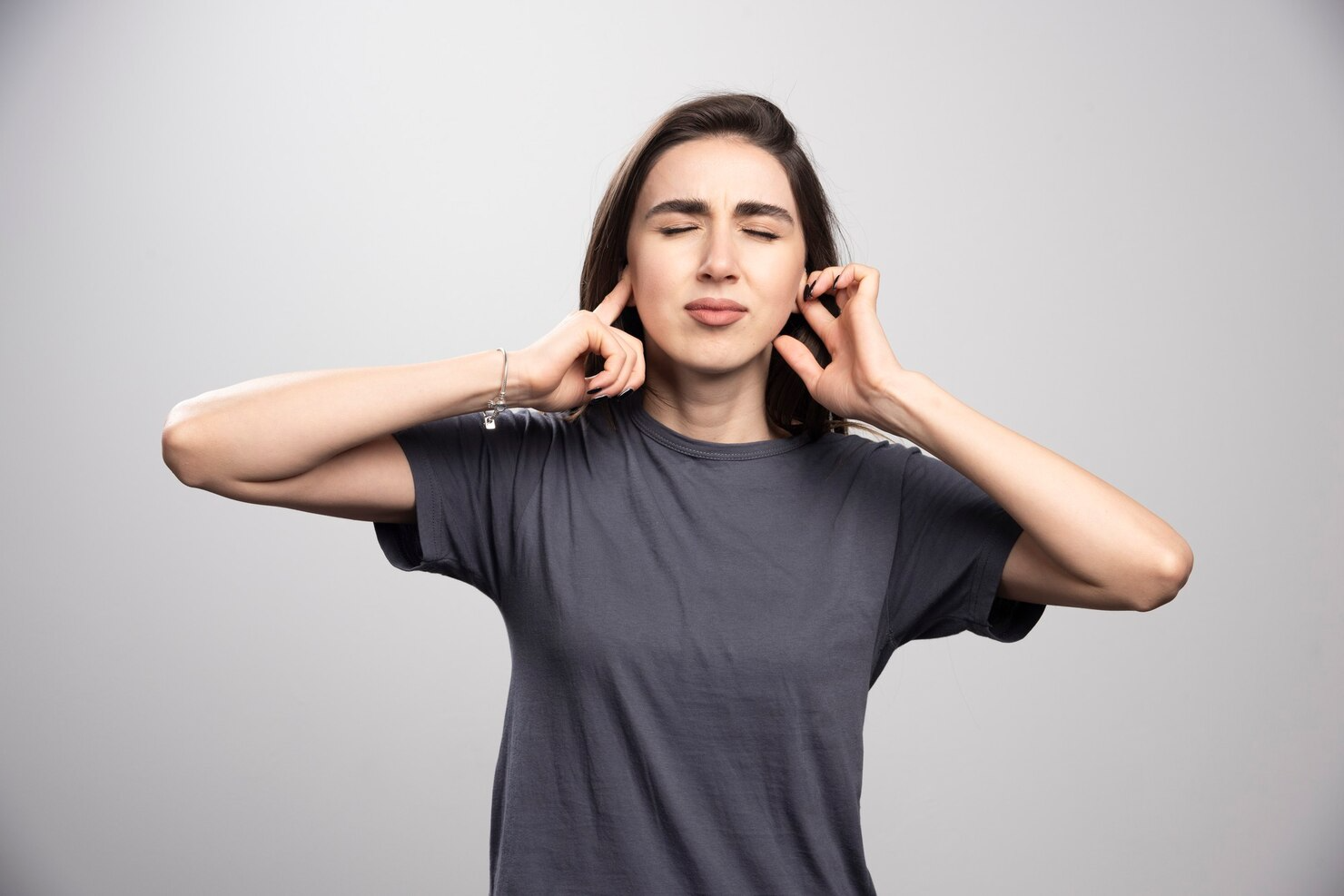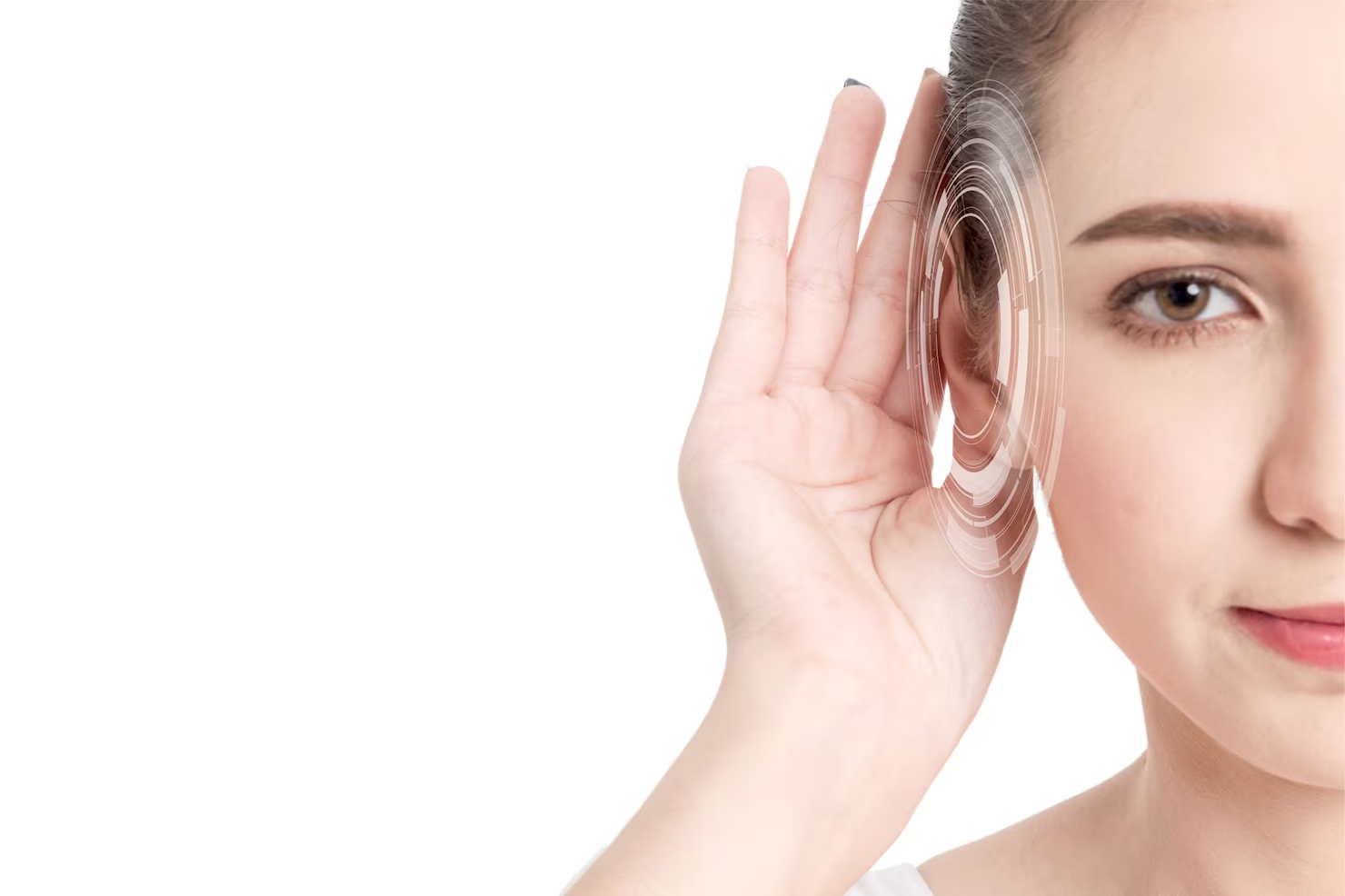In a time when medical advances are always trying to make our lives better, hearing aids have become a very important part of this process. They help people with hearing loss communicate better with the world around them and are an important part of their lives. Even though hearing aids have many benefits, a common question is whether or not they can cause ear infections.
To understand the connection between hearing aids and ear infections, you need to look at it from many different angles. To put it simply, hearing aids do not cause ear infections on their own. But if these devices aren't used right or aren't kept up well, they could make it easier for infections to spread. Let's look into this more deeply to make sure there are no more worries.
The Link Between Ear Infections and Hearing Aids
First of all, it's important to know what an ear infection is. When bacteria or viruses get into the ear, they often cause infections, like middle ear infections (otitis media) or outer ear infections (otitis externa, also called "swimmer's ear"). Pain, heat, swelling, and sometimes even hearing loss can be signs.
Even though hearing aids themselves don't cause these illnesses, there are some things that people do when they use them that may accidentally raise the risk. When hearing aids are worn, they can block the way earwax normally moves out of the ear canal, which can cause it to build up. Too much earwax can make it easier for germs to grow, which can lead to an infection.
Also, if hearing aids aren't cleaned and cared for properly, they can carry germs or fungi that could cause an infection if they are put in the ear. Hearing aids that aren't dried well enough or that are in damp places can also hold bacteria or fungus, which is another possible risk.
Keeping risks from happening:
The first step to avoiding these risks is to know what they are. If you wear a hearing aid, here are some things you can do to reduce the chance of getting an ear infection:
1. Clean them regularly: It's important to keep your hearing aids clean. Make sure you clean your device according to the manufacturer's directions to keep it as clean as possible.
2. Proper drying: Bacteria and fungus grow best in damp places. So, after you clean your hearing aids, you should make sure they are completely dry before putting them back in your ears.
3. Get your ears checked regularly. Going to your audiologist or doctor regularly can help you keep an eye on your ear health and catch any problems early, like earwax buildup.
4. Good ventilation: If you can, take a break from wearing your hearing aids to give your ears a break. This gives your ears time to "breathe," which makes it less likely that wetness will build up.
Size: Make sure that your hearing aids are the right size. Hearing aids that don't fit right can cause cuts or sores in your ear, making you more likely to get an infection.
Helpful Tools: Hearing Aids
Even though hearing aids can cause ear infections, that shouldn't stop anyone who needs them from using them. Hearing aids have changed how people with hearing loss connect with the world and have made their lives better.
If you use a hearing aid and keep getting ear infections, you should talk to your doctor or an audiologist right away. They can help figure out what caused the infection, treat it, and give tips on how to keep it from happening again. In many cases, the problem can be fixed by making a simple change to how the hearing aid is cared for or how it is used.
Wrapping It Up
In the end, hearing aids do not cause ear infections on their own. But if these gadgets are handled and used wrong, the risk of infection could go up. Good cleaning, regular checkups, and following the manufacturer's instructions for keeping the device in good shape are all good ways to avoid getting an ear infection.
By learning the truth about hearing aids and ear infections, people can stop believing the myths and use these life-changing devices without fear. After all, the point of medical innovations like hearing aids is to make people's lives better. So let's make the most of it by taking care of our ears and having lively talks!
To understand the connection between hearing aids and ear infections, you need to look at it from many different angles. To put it simply, hearing aids do not cause ear infections on their own. But if these devices aren't used right or aren't kept up well, they could make it easier for infections to spread. Let's look into this more deeply to make sure there are no more worries.
The Link Between Ear Infections and Hearing Aids
First of all, it's important to know what an ear infection is. When bacteria or viruses get into the ear, they often cause infections, like middle ear infections (otitis media) or outer ear infections (otitis externa, also called "swimmer's ear"). Pain, heat, swelling, and sometimes even hearing loss can be signs.
Even though hearing aids themselves don't cause these illnesses, there are some things that people do when they use them that may accidentally raise the risk. When hearing aids are worn, they can block the way earwax normally moves out of the ear canal, which can cause it to build up. Too much earwax can make it easier for germs to grow, which can lead to an infection.
Also, if hearing aids aren't cleaned and cared for properly, they can carry germs or fungi that could cause an infection if they are put in the ear. Hearing aids that aren't dried well enough or that are in damp places can also hold bacteria or fungus, which is another possible risk.
Keeping risks from happening:
The first step to avoiding these risks is to know what they are. If you wear a hearing aid, here are some things you can do to reduce the chance of getting an ear infection:
1. Clean them regularly: It's important to keep your hearing aids clean. Make sure you clean your device according to the manufacturer's directions to keep it as clean as possible.
2. Proper drying: Bacteria and fungus grow best in damp places. So, after you clean your hearing aids, you should make sure they are completely dry before putting them back in your ears.
3. Get your ears checked regularly. Going to your audiologist or doctor regularly can help you keep an eye on your ear health and catch any problems early, like earwax buildup.
4. Good ventilation: If you can, take a break from wearing your hearing aids to give your ears a break. This gives your ears time to "breathe," which makes it less likely that wetness will build up.
Size: Make sure that your hearing aids are the right size. Hearing aids that don't fit right can cause cuts or sores in your ear, making you more likely to get an infection.
Helpful Tools: Hearing Aids
Even though hearing aids can cause ear infections, that shouldn't stop anyone who needs them from using them. Hearing aids have changed how people with hearing loss connect with the world and have made their lives better.
If you use a hearing aid and keep getting ear infections, you should talk to your doctor or an audiologist right away. They can help figure out what caused the infection, treat it, and give tips on how to keep it from happening again. In many cases, the problem can be fixed by making a simple change to how the hearing aid is cared for or how it is used.
Wrapping It Up
In the end, hearing aids do not cause ear infections on their own. But if these gadgets are handled and used wrong, the risk of infection could go up. Good cleaning, regular checkups, and following the manufacturer's instructions for keeping the device in good shape are all good ways to avoid getting an ear infection.
By learning the truth about hearing aids and ear infections, people can stop believing the myths and use these life-changing devices without fear. After all, the point of medical innovations like hearing aids is to make people's lives better. So let's make the most of it by taking care of our ears and having lively talks!


